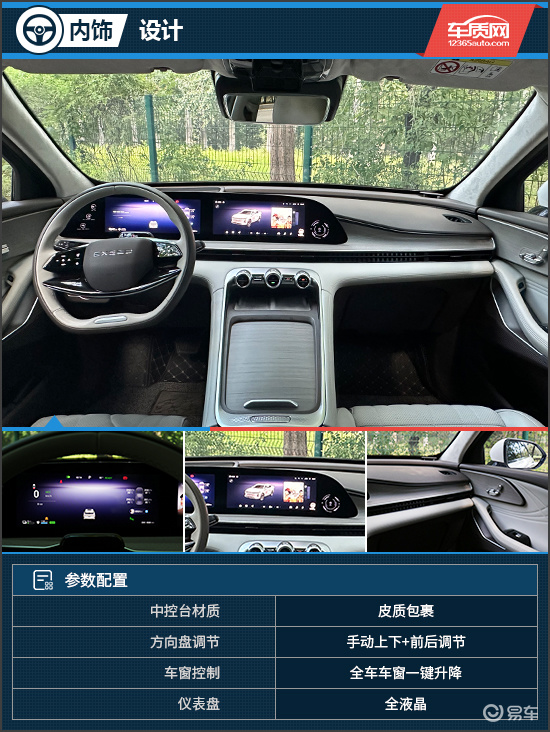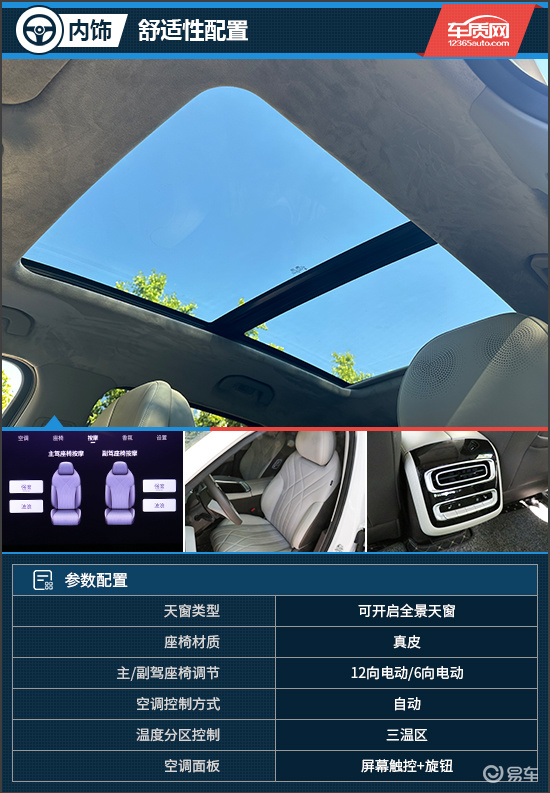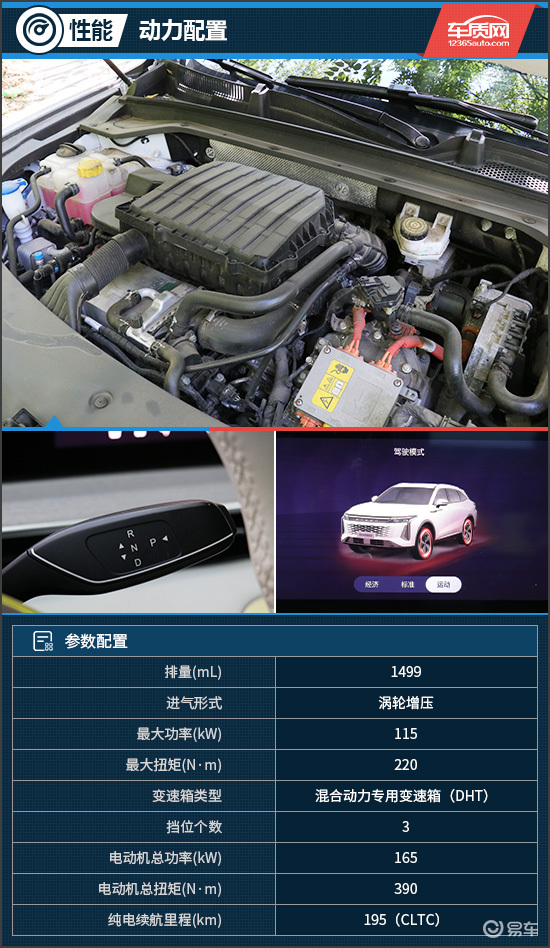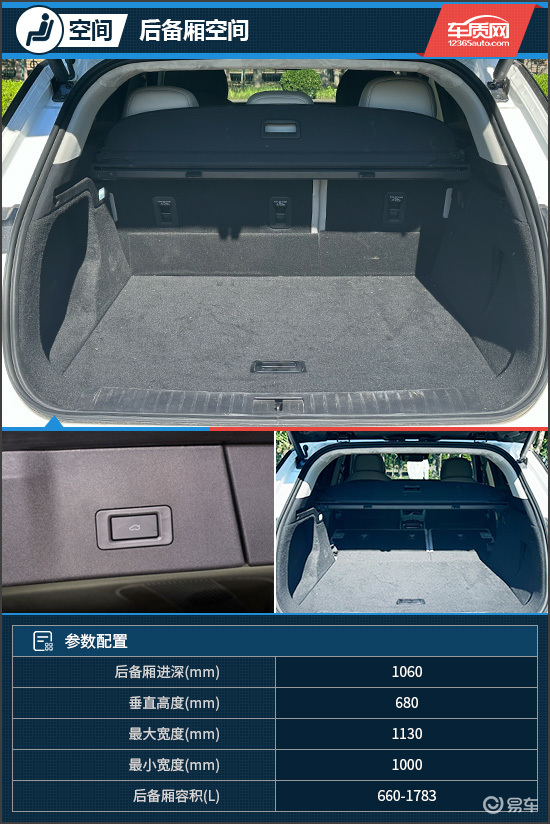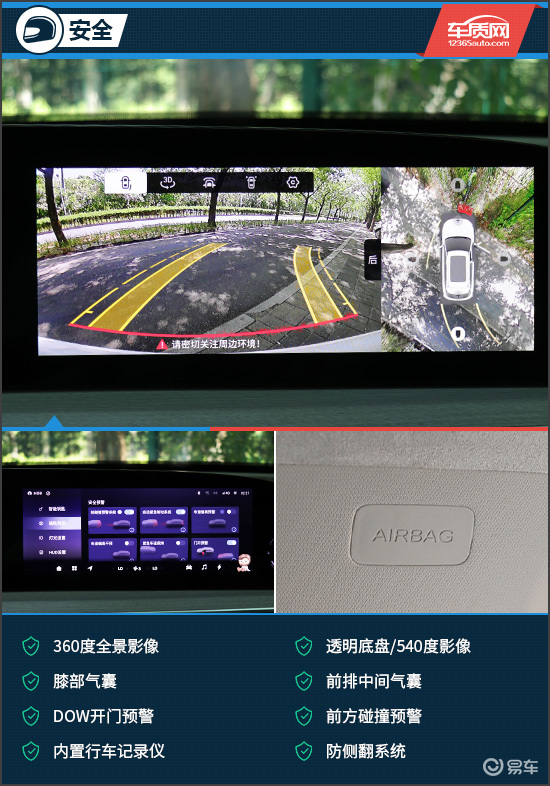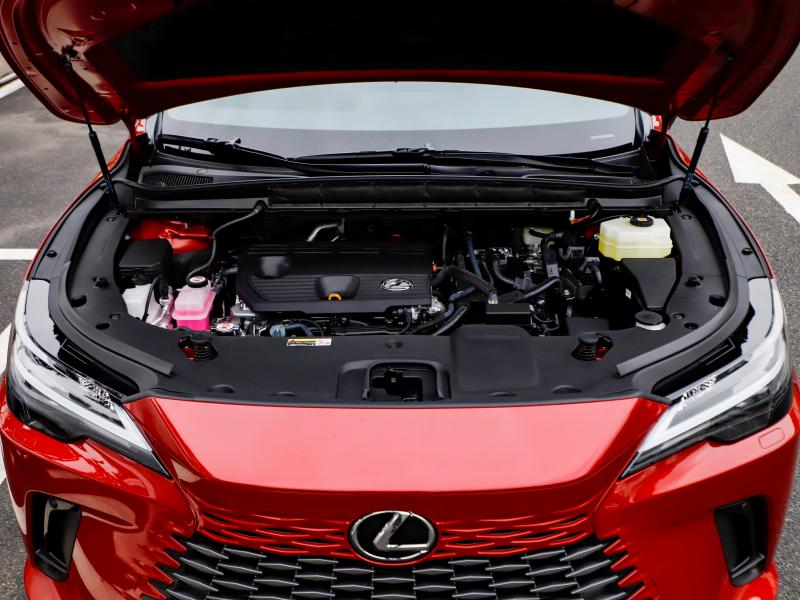Polishing the cultural landmark of the capital subway, beijing subway line 2’s "antique" mural was overhauled for the first time

Beijing subway line 2 Jianguomen Station Mural "Four Great Inventions"

Number the axes of murals.

clean

Sticking protective film

Demolition of murals at planned locations

Basic treatment

Mural firing

Install murals

Key procedures of temperature monitoring mural restoration
The first batch of public murals in the history of China’s subway is in the beijing subway line 2. Have you ever noticed that you take the subway every day? This is the map of the Great River East and the Great Wall of Yanshan located in Xizhimen Station, the glory of China and going to the world in Dongsishitiao Station, the history of Chinese astronomy and the four great inventions in Jianguomen Station. These murals, created in the 1980s, have been accompanied by passengers in the subway for more than 30 years, and they are generally aging and damaged. In order to better protect the important works of public mural art in New China and create a new bright spot in the capital subway with excellent culture, in 2018, Beijing Metro Operation Co., Ltd. (hereinafter referred to as Beijing Metro Company) started the mural restoration project. At present, two murals at Jianguomen Station have been basically repaired, and four murals at the remaining two stations are scheduled to be repaired by the end of this year.
Many masters participated in the mural creation of Beijing subway.
"These murals in our subway line 2 are all created by master artists!" Qu Xin, an associate professor of Tsinghua University Academy of Fine Arts, was a student of the Central Academy of Arts and Crafts. As one of the assistants of the famous painter Yuan Yunfu, he participated in the production of murals at Jianguomen Station.
Talking about the subway mural creation that brought together many famous domestic artists, Qu Xin still can’t hide his excitement and excitement. "When it comes to the mural art of new China, there are two great artists who can’t get around it: one is Master Zhang Ding, and the other is Master Yuan Yunfu." Qu Xin said that Mr. Zhang Ding was a master of the older generation who spanned two eras. From Lu Yi in Yan ‘an period to the Central Academy of Arts and Crafts in the early days of the founding of New China, from the anti-Japanese artist in the 1930s to the designer of the national emblem of New China, Master Zhang Ding can be said to be one of the founders of new China fine arts! Mr. Yuan Yunfu belongs to the first generation of young artists trained in New China. He graduated from the Central Academy of Fine Arts in 1954 and was only 23 years old when he taught at the newly established Central Academy of Arts and Crafts in 1956.
"The new China mural art really became public art for the first time, and the work that attracted wide attention from the society was the mural of the Capital Airport completed in 1979." Qu Xin introduced that the mural creation not only brought together famous domestic master artists such as Zhang Ding and Yuan Yunfu, but also triggered a great discussion on public cultural undertakings in the whole society. The appearance of airport mural also marks the beginning of public mural art in New China. Due to the great social and international influence of these murals, in the early 1980s, a wave of mural creation rose in various important public places in Beijing, among which the subway mural was the most representative. "Two generations of mural masters, Zhang Ding and Yuan Yunfu, participated in the collective creation."
The two giant murals "The Great Wall of Yanshan Mountain" and "Going to the Great River East" at Xizhimen Station were created by Mr. Zhang Ding. Qu Xin introduced that as a tribute to the 35th anniversary of the founding of New China, under the personal attention of the top leaders of the country at that time, Master Zhang Ding presided over the completion of the first public mural in the history of Chinese subway. Mural is a traditional Chinese painting created on Korean paper, which uses a special mounting method of epoxy resin. The length of the two murals is 70 meters each, which is the first of its kind. "These two works received artistic advice from the old gentlemen such as Li Keran and Wu Zuoren, who were the masters of painting at that time. Finally, they were reviewed by Comrade Deng Xiaoping himself before they went to the wall."
Mr. Yuan Yunfu presided over the creation of the mural History of Chinese Planetarium at Jianguomen Station. Qu Xin said that this work comprehensively considers multiple social factors such as environment, humanities and history, especially the corresponding relationship with the ground environment. "Above this subway station is the representative building of ancient Chinese science and technology: the ancient observatory. This connection between the above-ground and underground cultural contexts and the extension of artistic vision have perfectly formed an artistic whole. "
Art lovers buy tickets to enter the station and take photos with murals.
As the first mural to be renovated, the two murals "History of Chinese Planetarium" and "Four Great Inventions" in Jianguomen Station of Metro Line 2 have been basically renovated. Facing the murals that reproduce glory, Aunt Qin Yanling, a subway volunteer on duty on the platform, is full of smiles. "My family moved to Jianguomen in 1987, when the murals in the subway station were just completed. Now I am on duty in the subway station and meet the murals every day. It can be said that I have been with these murals for more than 30 years. "
Aunt Qin said that she didn’t often take the subway before and didn’t pay much attention to the murals at Jianguomen Station. I didn’t get familiar with these murals until I volunteered for the Ping An subway in recent years and often worked in subway stations. "The following is the mural of" History of Chinese Astronomy "with an ancient observatory on it. This design is really amazing!"
Zhang Jiguo, deputy station head of Jianguomen Station District of Beijing Metro Operation Third Branch Company, entered Jianguomen Station in 1991, and it has been almost 30 years now. In recent years, Zhang Jiguo has formed a habit of standing on the steps of the southwest exit at night and overlooking the murals on the tunnel wall from top to bottom. "When I first came to work, the murals were still very new, and there were few passengers at night. The whole station hall was surrounded by two murals, just like an art gallery hall." Zhang Jiguo recalled that at that time, I don’t know how many times he looked at the huge murals on the silent platform steps and was deeply shocked.
Zhang Jiguo still remembers that when he first served on the platform, he often met art lovers who bought tickets to watch murals, and sometimes asked him to help him take photos with murals. "Let’s stand near the embassy district, and there are many foreign passengers who come to see the murals. After reading this station, take the subway to Dongsishitao and Xizhimen to continue reading. "
However, in the past two years, subway murals have become more and more gloomy because of damage and dust. This made the hearts of staff such as Aunt Qin and Zhang Jiguo also shrouded in a layer of gray. "We are all looking forward to repairing it as soon as possible, but everyone knows that this is not an easy task." Zhang Jiguo said that he didn’t understand the content of the repair profession, but since 2019, when he saw the expert group coming to investigate again and again, he knew that there was too much work to be done behind the repair.
It is imperative to repair many damaged murals.
"On the surface, the murals have lost their color and are missing in many places. After infrared detection and manual exploration, many other problems were found. " According to Jing Wong, the person in charge of the overall design project of mural renovation, after more than 30 years, subway murals are generally aging and damaged, mainly in three conditions: falling off, hollowing out and cracking.
Viewed from the outside, the visual effects of the whole picture, such as color and clarity, have changed greatly compared with the early years, mainly due to accumulated dust and aging of the surface layer of the picture. Jing Wong introduced that, in terms of firmness, due to the shock of subway trains all the year round, some pictures are loose, warped and detached, and the damage situation is getting worse and worse, and there are empty drums in the pictures, which may fall off at any time, affecting the train operation and posing security risks. "The murals in the three stations all have surface defects, with 485 missing in Xizhimen Station, 300 missing in Jianguomen Station and 36 square meters missing in Dongsishitiao Station."
The relevant person in charge of Beijing Metro Company said that the company has held many internal meetings, which put forward requirements for building a "humanistic subway" and realizing "one line, one culture", "one station, one theme" and "one car, one context", and it is imperative to repair the damaged murals. The subway is an important window of Beijing, the capital, and also an important display window of the cultural center. With a daily passenger flow of over 10 million, the Capital Metro is an important platform for promoting Chinese excellent traditional culture. Taking the opportunity of restoring the murals on Line 2 can enrich the connotation of "humanistic subway" and meet the growing spiritual and cultural needs of the majority of passengers.
In September 2019, on the basis of many previous consultations, a professional company carried out hollowing inspection on the murals of Jianguomen Station, and the design unit formulated a mural restoration plan based on the inspection report. After many design discussions and safety assessment meetings, two murals at Jianguomen Station were cleaned and repaired.
Work in the early hours of the morning and insist on repairing the old as before.
Repairing the subway mural is to repair a work of art, which has many problems. Experts and construction workers involved in the repair revealed the mystery.
"The urgent construction time is the first obstacle." Liu Qingsong, the person in charge of the project implementation unit, recalled that because the murals were located on both sides of the track area in Jianguomen, the construction had to wait until the train stopped. "We can’t start construction until 12 o’clock at night at the earliest, and it will be finished before 3 o’clock in the morning, which can’t have any impact on the train operation the next day. Basically, the shelf is set up, and there is not much time left for work, and it accumulates a little every day. "
Liu Qingsong said that for the construction unit, although it has been engaged in various professional engineering operations all the year round, it is the first time to construct in the subway station, and it is still faced with two important murals. "We are well aware that the historical and cultural significance it carries cannot be copied. According to the arrangement of the overall planning meeting of the previous construction plan, the detailed construction process was formulated, and the construction safety guarantee was repeatedly emphasized. Not only the safety of construction workers, but also the normal operation of subway trains and the integrity of station murals. "
Qu Xin, an associate professor at Tsinghua University Academy of Fine Arts, said that although these murals have no cultural relics, they are of great artistic value and cultural charm. "This kind of subway mural is unique in the whole country, and there is no such mural with a complete story and a large area in other places. Mural restoration should respect the original work, pay tribute to the master and protect the master’s works. "
The relevant person in charge of Beijing Metro Company also said that the designer gave two plans at that time, one was to completely remake and the other was to repair the old as before. In the end, everyone unanimously chose the second scheme. Although the cost is one third higher and the technology is more difficult, it can keep the original appearance of the works of art..
According to the principle of cultural relics repair, it is not difficult to repair the old as before in construction. "Try to match the image and technology as much as possible, but there is a difference between the new brick and the old brick after all. The old brick has a trace of 30 years. The difference between the new brick and the old brick cannot be too big. It is necessary to deal with it from the technology, and the difficulty is here." Qu Xin said that in order to ensure that the graphics and colors of some murals are integrated with the original parts, all participants need to cooperate closely in the firing, graphic understanding and on-site installation of murals.
Create a "flowing museum and civilized warm living room"
The relevant person in charge of Beijing Metro Company said that Metro Line 2 runs through the ring, and the route basically coincides with the inner wall of the original Beijing city. It is the penetrating connection of the underground mapping of the old Beijing city wall and a typical form of "city gate culture" in the ancient capital culture. In particular, the mural of "History of Chinese Planetarium" by Mr. Yuan Yunfu at Jianguomen Station echoes the ancient observatory on the ground, which fully embodies the uniqueness of the subway public culture as a "mirror image" of the ground culture. Repairing the murals on Line 2 is to create a new bright spot of the capital subway with excellent culture, improve the service quality of the capital subway and contribute to the construction of the national cultural center.
It is understood that in terms of public cultural construction of Beijing Metro, Beijing Metro Company has started to prepare a master plan, and the mural restoration of Line 2 is only one of them. In the future, according to the cultural characteristics of each line, region or station, the design scheme of 16 lines will be formulated in detail, which will systematically sort out the public cultural needs of Beijing subway, organically integrate cultural propaganda, cultural service and cultural industry, guide the construction of high-quality riding environment, intelligent and convenient travel service and high-level cultural atmosphere, and integrate rich cultural heritage with smart scientific and technological means to build Beijing subway into a "flowing museum" with capital style, ancient capital charm and times style.
Beijing Metro Company will combine different space and functional requirements such as subway interchange station and hub station, plan to build a subway cultural space system, and use design languages such as light and lighting, sculptures and other facilities to make the subway space environment reflect a specific atmosphere. By means of cultural relics exhibition and multimedia interaction, the cultural relics exhibition is connected with the subway, and various elements of the museum are applied to the Beijing subway to provide museum cultural services to the public. "Customer-oriented", establish the service brand of "Warm Living Room" to make passengers feel at ease, comfortable, comfortable and tempted. Relying on the information, knowledge and aesthetic value derived from the cultural ontology of Beijing subway, the cultural connotation of Beijing subway will be refined into tangible or intangible characteristic cultural products, which will fully meet the growing cultural needs of the people and make the "Beijing subway" a high-quality business card.
Searching for the Missing Content of Murals from Ancient Books
Teacher Qu Xin introduced that 10,976 pieces of porcelain were used in the two giant tile murals "History of Chinese Tianwen" and "Four Great Inventions" at Jianguomen Station. The History of Chinese Astronomy is 62.25 meters long and 3 meters high. The contents of the work include the achievements of ancient astronomical discoveries and inventions in China from ancient times to the present, as well as the contents from ancient myths and stories to the prospect of modern science and technology. The works of Four Great Inventions are 60 meters long and 3 meters high, including the invention of gunpowder, compass, papermaking and movable type printing, the four most famous scientific and technological contributions in ancient China. Both murals are made of colored tiles.
In the process of repair, the first step is to fully understand the firing process of the two murals, and fire the samples according to the relevant information and actual understanding to ensure that the materials and firing process are consistent with the original murals; The second step is that after the professional team of mural ceramic arts and crafts artists fully understand the author’s creative intention, they will fill in the missing parts and repair some mural graphics and colors to ensure that they are integrated with the original parts; The third step is to copy the substrate according to the supplementary information, and finally fire it. The same mural needs to be fired several groups, and the best group is selected for on-site installation; The fourth step is to compare the best murals in the installation area after they arrive at the site, install the ones that meet the requirements, communicate with the ceramic arts and crafts artist for the parts that do not meet the requirements, and re-fire them until they meet the requirements.
Liu Qingsong also introduced an episode when the mural was repaired. During the construction of the movable type printing part of the Four Great Inventions, due to the serious lack of porcelain pieces in this part, the original manuscript at the time of creation is not very detailed, so we can only compare and find the contents of the missing part according to the existing part. "Later, we found that the article on the mural was from an article in the China ancient historical document" The Book of Filial Piety ".Everyone immediately learned about this article in detail and finally made up some missing words."
All murals are expected to be completed by the end of this year.
As a special and important task in the construction of public culture in Beijing Metro, Beijing Metro Company attaches great importance to the restoration of murals. According to the relevant person in charge of Beijing Metro Company, in view of the lack of comprehensive information on the authors, creative backgrounds, maintenance cycles and other related information of various public works of art at the station in the early stage, Beijing Metro Company actively coordinated the Beijing Municipal Planning Commission, the Urban Sculpture Office and other relevant cultural research institutions to collect and sort out the information of public works of art for subsequent restoration and improvement.
In view of the age of the station on Line 2 and the difficulty in restoring murals, Beijing Metro Company hired a professional team to formulate a "one-stop, one-plan" and implement it in stages. The first stage: pilot first, complete the mural restoration of Jianguomen Station on Line 2. At present, it has been basically completed, and the installation of atmosphere lights will be completed before the Spring Festival in 2020, further improving the restoration effect of murals. The second stage: complete the murals of Xizhimen and Dongsishitiao stations on Line 2. The planned completion time is December 31, 2020.
On the basis of completing the mural restoration work at Jianguomen Pilot Station, Beijing Metro Company will conscientiously sum up the difficulties and problems in the mural restoration work at Jianguomen Station, listen to the opinions of all parties, constantly improve the restoration scheme, adopt nanotechnology to clean the murals as a whole, restore the paintings around the missing parts and "make up the meaning", add protective coatings to the murals as a whole, and overcome difficulties, and strive to complete the restoration work of the remaining four murals at Xizhimen and Dongsishitao stations in 2020. At the same time, we will also establish a long-term mechanism for mural restoration, explore ways to protect the public cultural space of the subway, earnestly take "passenger demand as the guide", and strive to build a higher-level "humanistic subway" to contribute to the functional construction of the national cultural center.
Text/Wang Qifeng Wei Yuyue




